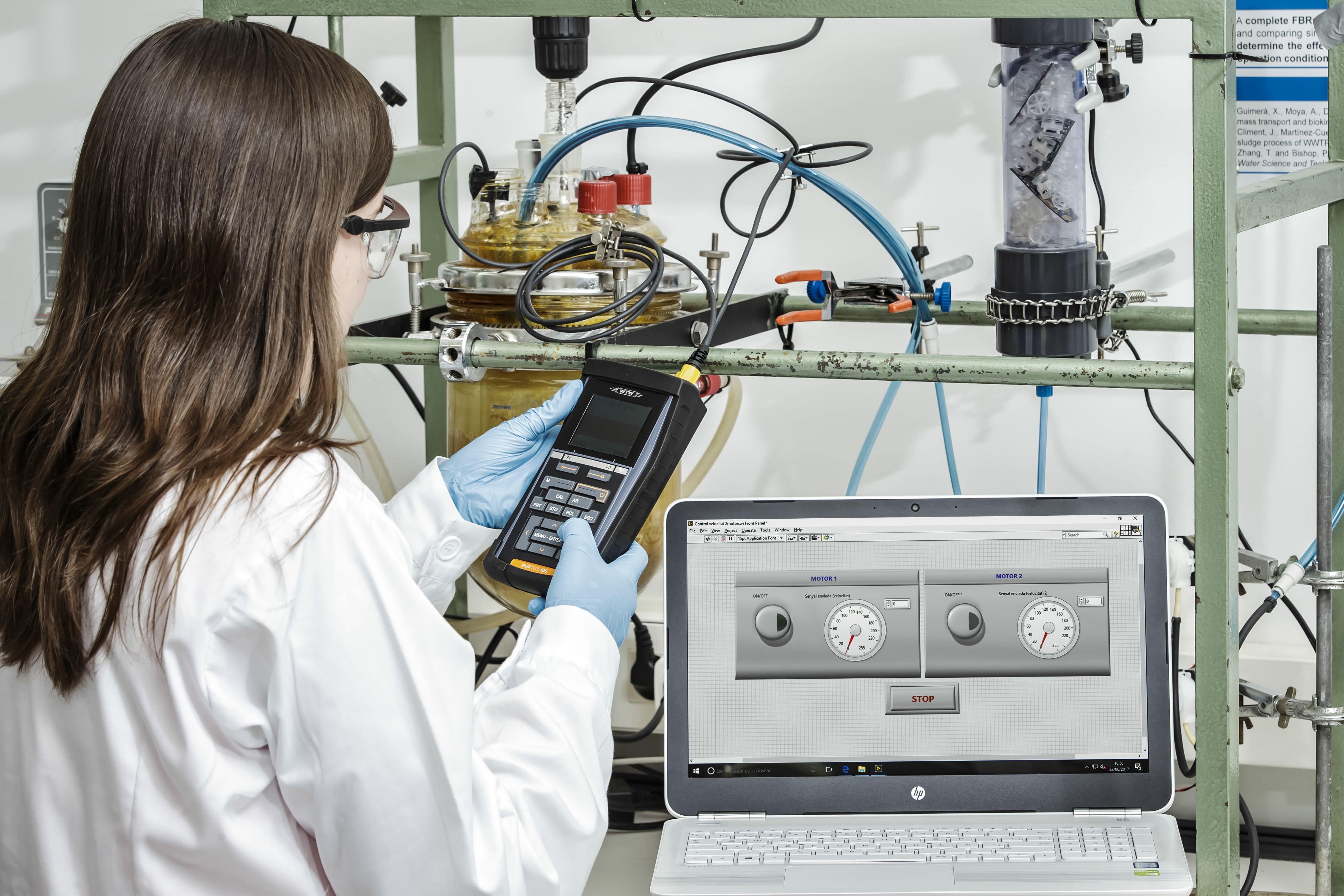A research team at the Polytechnic University of Catalonia, Spain, has developed an innovative process for extracting valuable metals from electronic waste. Results from the project ‘Metals Bio-recovery from Electronic Waste’ could help local businesses retrieve a range of metals in a cost-effective way. The environment benefits as well because the new process does not rely on harmful chemicals.
- 29 March 2021
'The new process developed under this project helps manage a potentially hazardous waste product while providing an alternative and sustainable source of metals.'
The project solution harnesses the metabolic activity of certain micro-organisms which, under certain conditions, can help leach metals from redundant electronic devices. The new process provides a double win: it helps manage a potentially hazardous waste product while providing an alternative and sustainable source of metals.
Improved efficiency
Metals that can be extracted through the process include zinc, nickel, chromium and aluminium, as well as precious elements such as gold, silver and platinum. The technology provides a practical alternative to energy-intensive recovery process that use chemicals.
These older methods are costly, which has led to low recycling rates for electronic waste in the region. In fact, the high costs of the traditional processes often force local SMEs to sell their waste products at a lower price than the value of metals they contain.
Several companies have already shown an interest in the new technology, seeing it as a way of improving their waste reclamation practices. The lower costs could help boost recycling in the region and increase economic activity. There is a significant potential market for the new process, both locally an internationally. In Catalonia alone, more than 470 companies are involved in the waste reclamation business.
The innovative nature of the technology has already attracted much media coverage, generating reports in more than 70 national and international newspapers, TV and digital media outlets. Project results have been disseminated at European level. In 2108, researchers presented their findings at the 69th Global Forum for Biohydrometallurgy and the Circular Economy in Freiberg, Germany.
Total investment and EU funding
Total investment for the project “Metals bio-recovery from electronic waste” is EUR 20 000, with the EU’s European Regional Development Fund contributing EUR 10 000 through the “Cataluña ERDF” Operational Programme for the 2014-2020 programming period. The investment falls under the priority “Research and innovation”.

